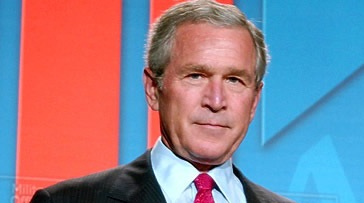For most people in the modern world, science is the cornerstone of our society and our growing economy, even if we don’t fully realize it. You could argue that its influence on our society is as great or greater than that of Christianity, with technological advancements being the most visible representation of the study. Less visible, but equally important are the scientific studies which guide our public policy and heal the sick.

Science dominates our lives, but do reason and logic? You might think they go hand in hand, but there’s an important distinction. Consider that in the past, theocrats had largely controlled European societies. They were deemed the source of truth and knowledge.
After all, they were often the chief financiers of all study, they were backed up by the rule of law as well as a relatively uneducated population, so it’s easy to understand why people agreed that Earth was the center of the universe* and that the sun revolved around it.
Now we have a strong adherence to science, based in quantifiable data, it caries with it a lot of credibility and Americans by and large accept its decrees as fact. Scientists tell us a traditional televisions work with a cathode ray tube. Most of us have probably never attempted to open our TVs to confirm this, but we accept it because of its wide use and because the alternative would require a massive conspiracy.
But what about less verifiable declarations made by companies in the name of science? Do we treat them with additional skepticism? When government agencies tell us that one in five Americans has suffered with mental illness in the last year, do we challenge the study or attempt to understand how they define the “mentally ill?” Some do, but many of us simply accept the study’s premise and its legitimacy.
Governments and companies constantly fund studies with predetermined results in mind to further their economic, political, or ideological agendas. The result is government waste, pork-barrel projects and occasionally, even death due to hyped up pharmaceuticals that over promise and under deliver. We have a society that praises the virtues of logic and reason rhetorically, but in truth we have ceded the thought process to our new leader, science, whose title can be claimed by anyone smart enough to put out a press release.
It’s never healthy for a society to embrace one source for all of its information, especially when that source is so easily manipulated and criticism of it is so widely derided. Yet that is what we risk when we embrace the title of science without understanding the facts behind it.
Understand, this is not a criticism of reason in the philosophical sense, but when we accept the title of science without a sufficient skepticism, we are little better than peasants, expecting the sun to revolve around the Earth.
Further reading: Why Scientific Studies Are So Often Wrong – Discover Magazine
* Technically, every point is the center of the universe.






